AKLAN, January 18, 2024 – Influencing team collaboration and improved productivity at work, the Department of Agriculture – Special Area for Agricultural Development (DA-SAAD) Western Visayas gathered its 25 staff from the regional and provincial offices for organizational development and values formation training on October 18 to 20.
The training identified the competencies an extension worker must have. Besides technical sound knowledge, they are expected to be well-versed in adult education principles: self-direction, transformation, experience, mentorship, mental orientation, motivation, and readiness to learn. Thus, the program has facilitated this type of training for employee’s self-development parallel to professional development.
Ms. Maria Corazon Buala, a Development Communication Specialist and the current Public Relations Officer II of the DA-Western Visayas, served as the Capacity-Building facilitator together with Mr. Jerem V. De Guzman, Administrative Aide IV.
Roles of implementers defined
Being the main key drivers and project carriers across all SAAD-covered municipalities, the implementers are expected to deliver high-quality service, to complement the program’s core objectives, within communities they serve.
The training which transpired at Aklan Tourism and Training Center, Kalibo, Aklan was participated in by 25 project implementers coming from Operational Planning, Budget, Monitoring, and Evaluation (OPBME) Unit, Information Technology and Database Development (ITDD) Unit, Administrative and Procurement Unit, and Public Relations and Development Communication (PRDC) Unit in Iloilo, Aklan, Antique, Negros Occidental, and Guimaras.
With their influence in the project, the implementer’s role is to provide technical support and delivery services to beneficiaries to achieve the project’s outcomes. However, one can only be as effective when they direct their own development, a prerequisite to organizational development.
Improving efficiency, productivity, and overall performance
As implementers influence and share control over project development initiatives, they can perform reasonably well if provided with soft-skills training, vital in delivering the project more effectively aside from delivering it on time, budget, and scope. That’s why the program deemed it necessary to increase each one’s self-awareness, and build relationships among the implementers so they could connect and collaborate, likewise apply this on the ground and in dealing with the farmers. When one is self-aware, it is much easier to develop one’s facilitation and communication skills, thus creating a positive working relationship within the group for an upwardly mobile workforce.
To level off the understanding of the importance of employing key soft skills in project implementation, Ms. Buala emphasized communication, active listening, and sensitivity.
She began by drawing on each participant’s perception of themselves, revolving on their personality, beliefs, values, emotions, and thoughts. She also stressed that in a workplace, it is highly imperative that each one should objectively lead without ego through reflection and introspection. She heralds communication that can make or break an organization, as one of the most important sets of skills one must have in a workplace.
Formally closing the activity, Mr. Dominador A. Marquez, SAAD Alternate Focal Person concluded, “I want to congratulate all of you, for being part and parcel of the SAAD Program, both in its first and second phase. Yet, let us always be reminded of the three guiding principles that we could adopt in our work; think again, think ahead, and think across. Ang kadya nga training [this training] is in preparation for our 2024 implementation.”
In essence, the implementers working together magnifies synergy in the workplace as they become contributors to a productive and healthy work environment. Promoting better employee relations, cohesion, and shared accountability, the training is one strategy that could leverage the pace of the workflow which, in turn, could impact the overall project execution. ###
Writer: Cedie C. Bataga, DA-SAAD Western Visayas Information Officer

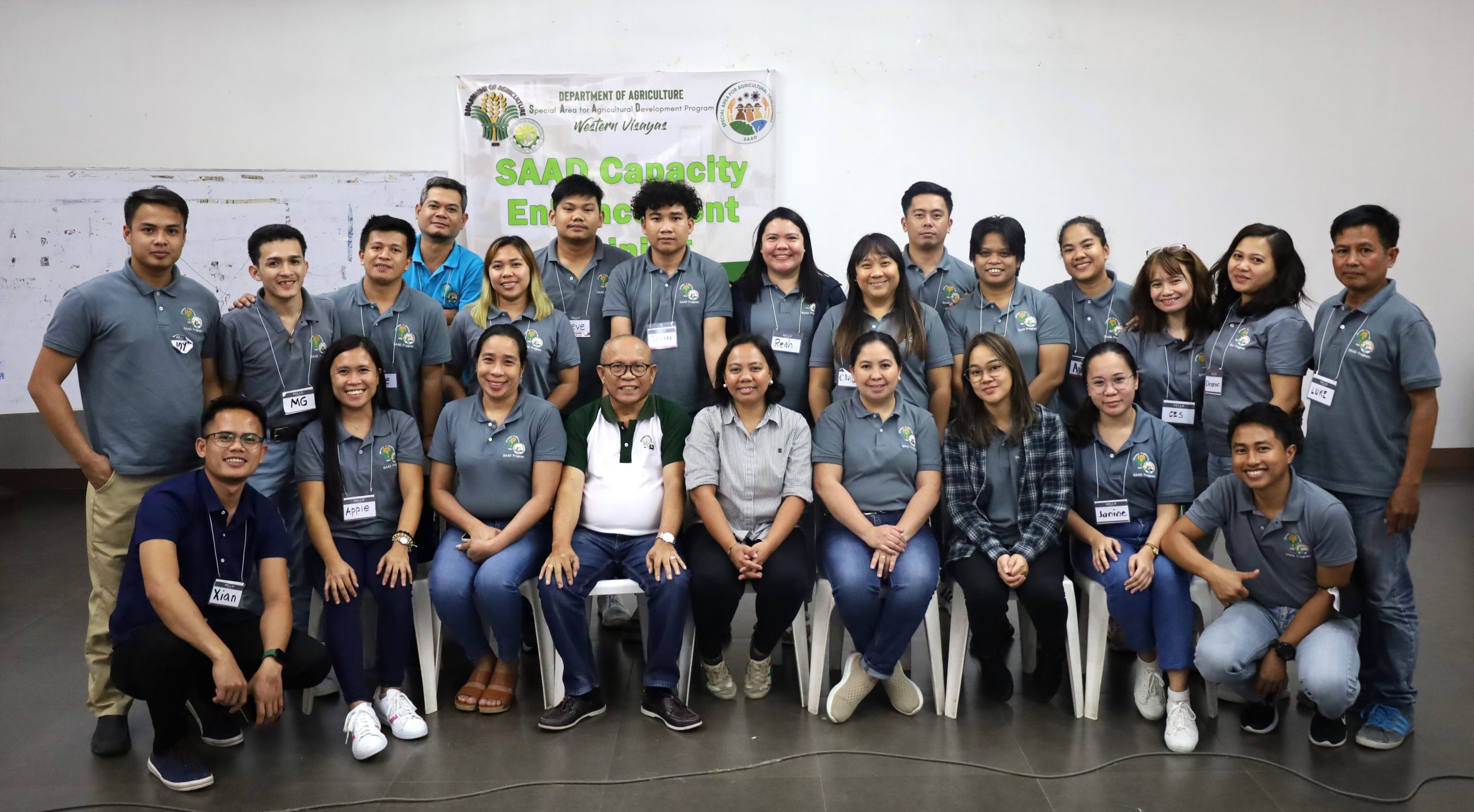
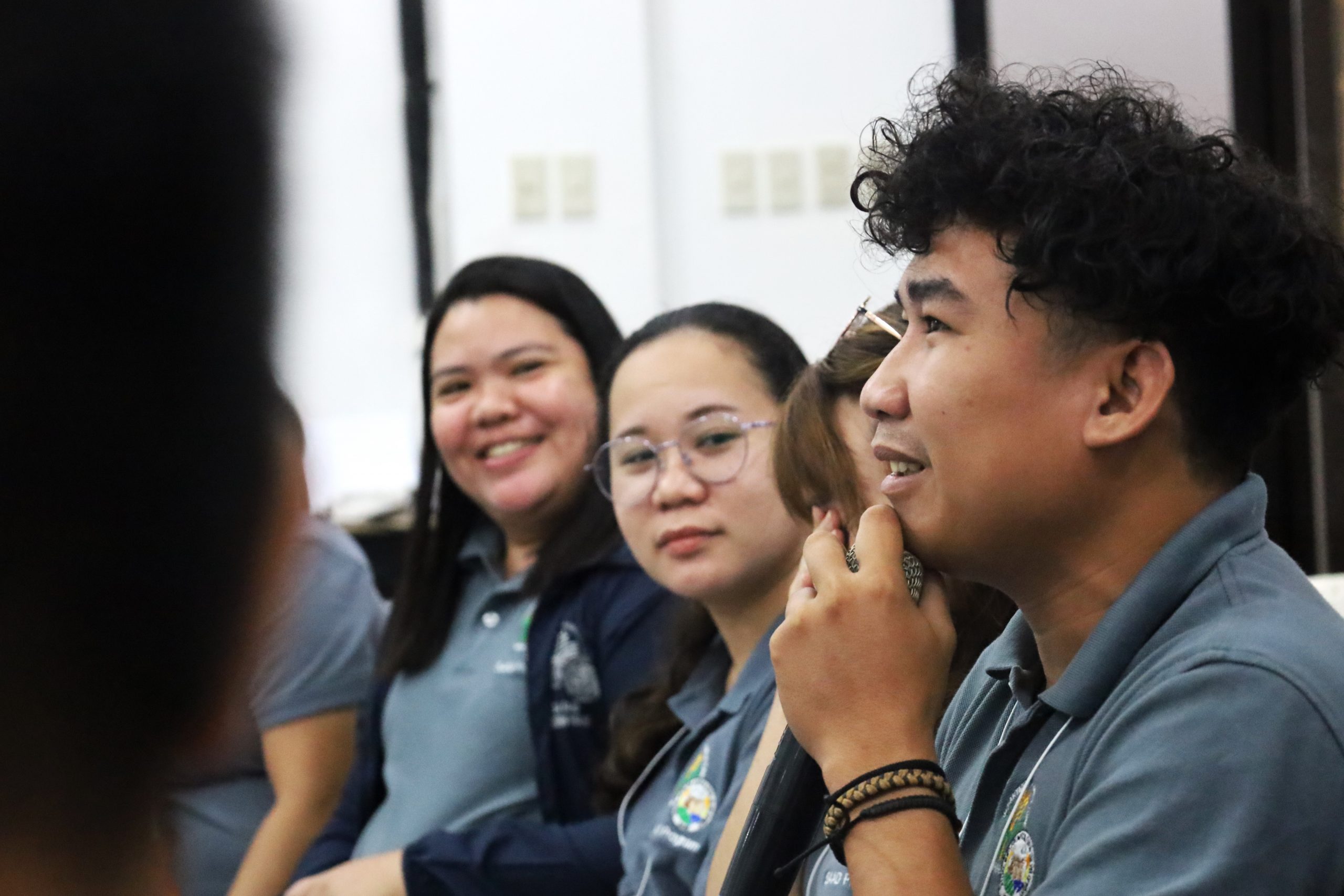
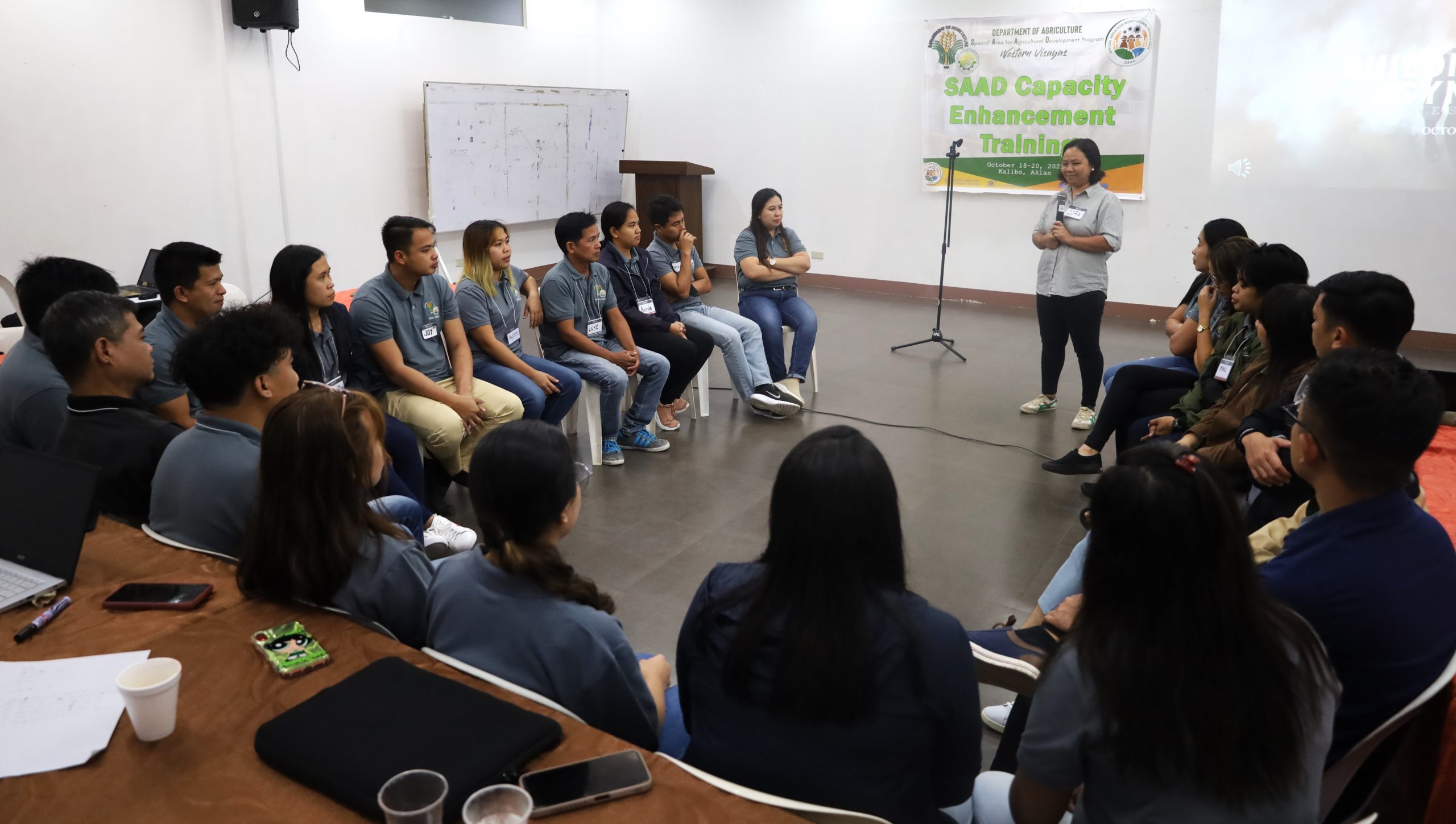
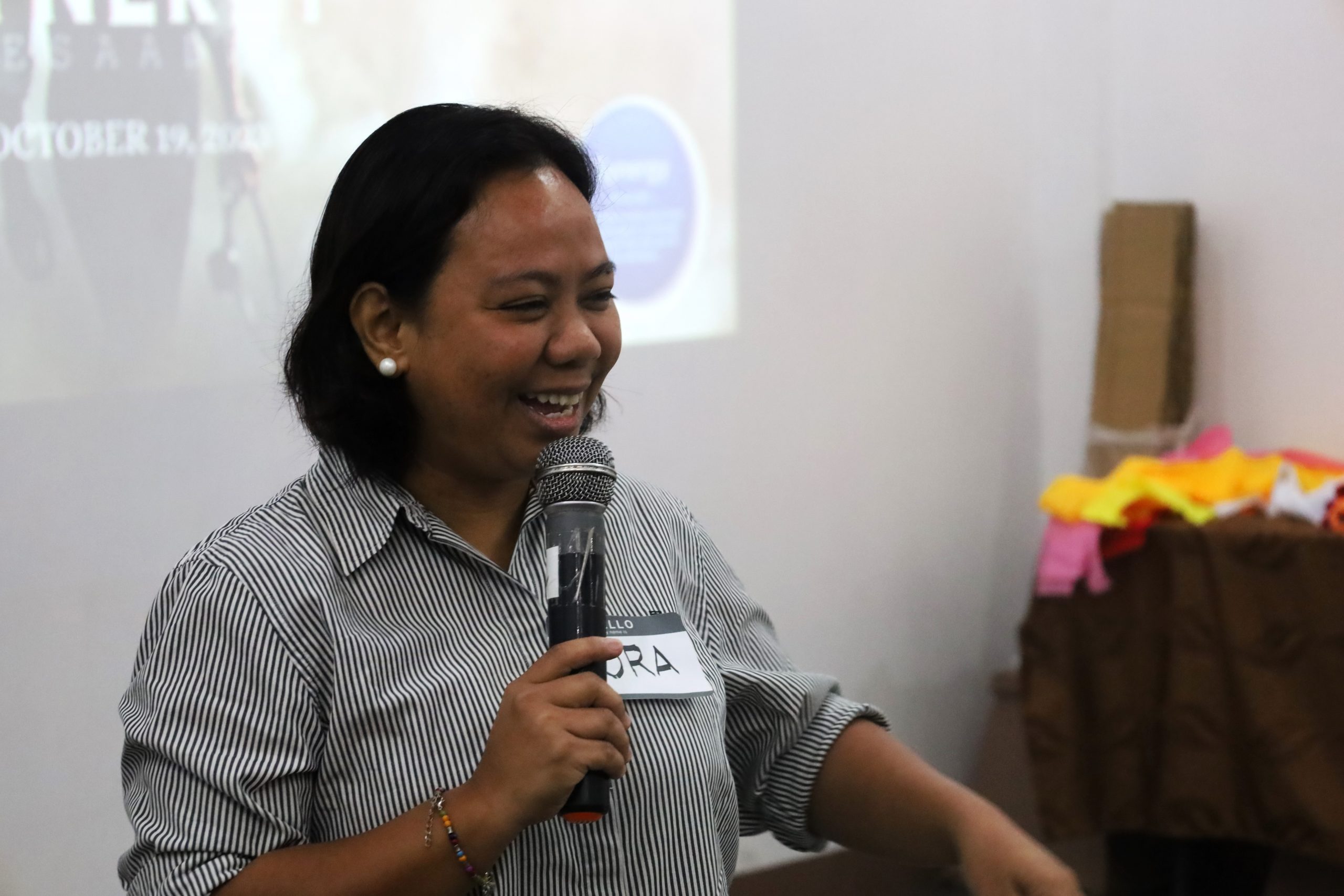
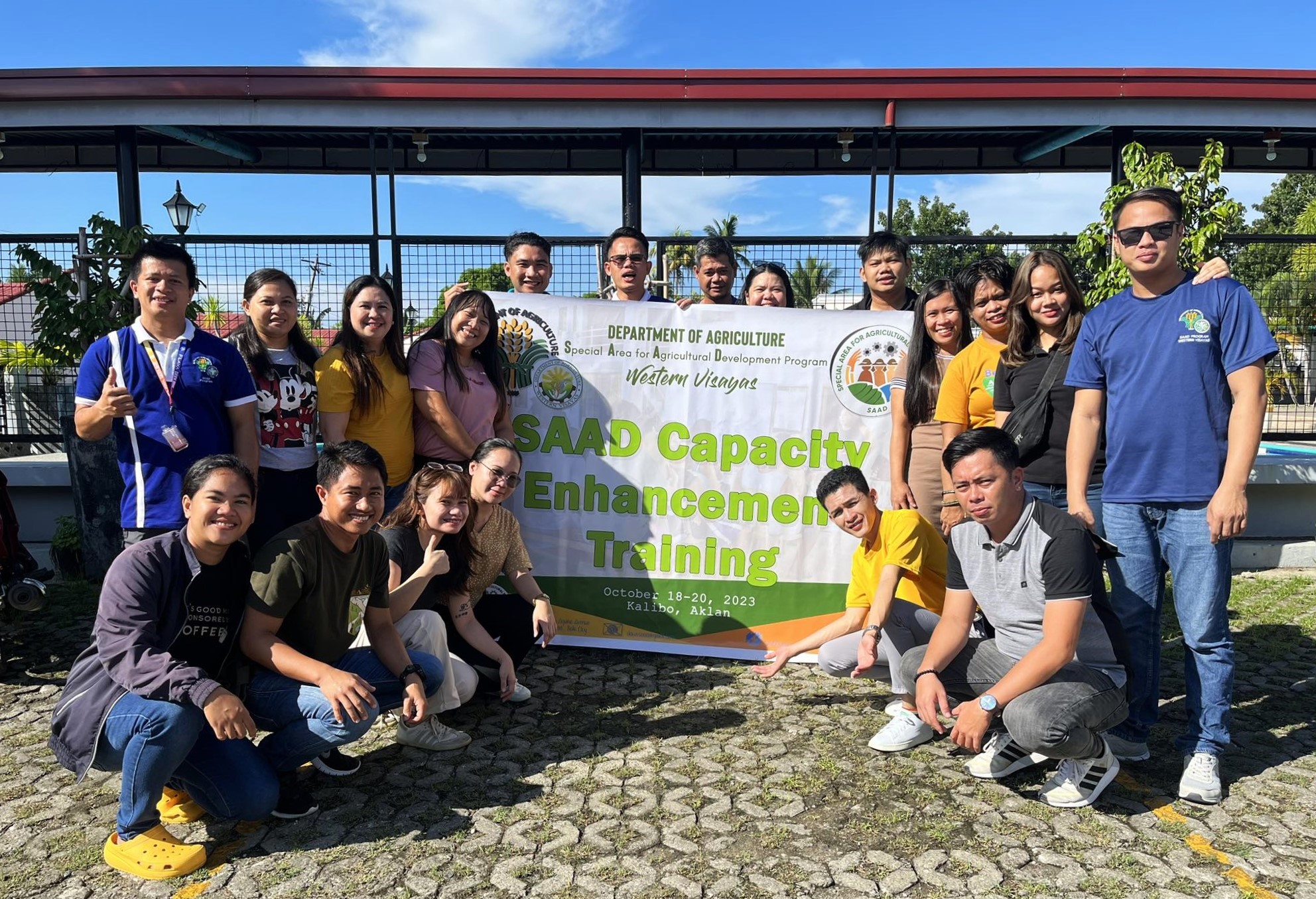
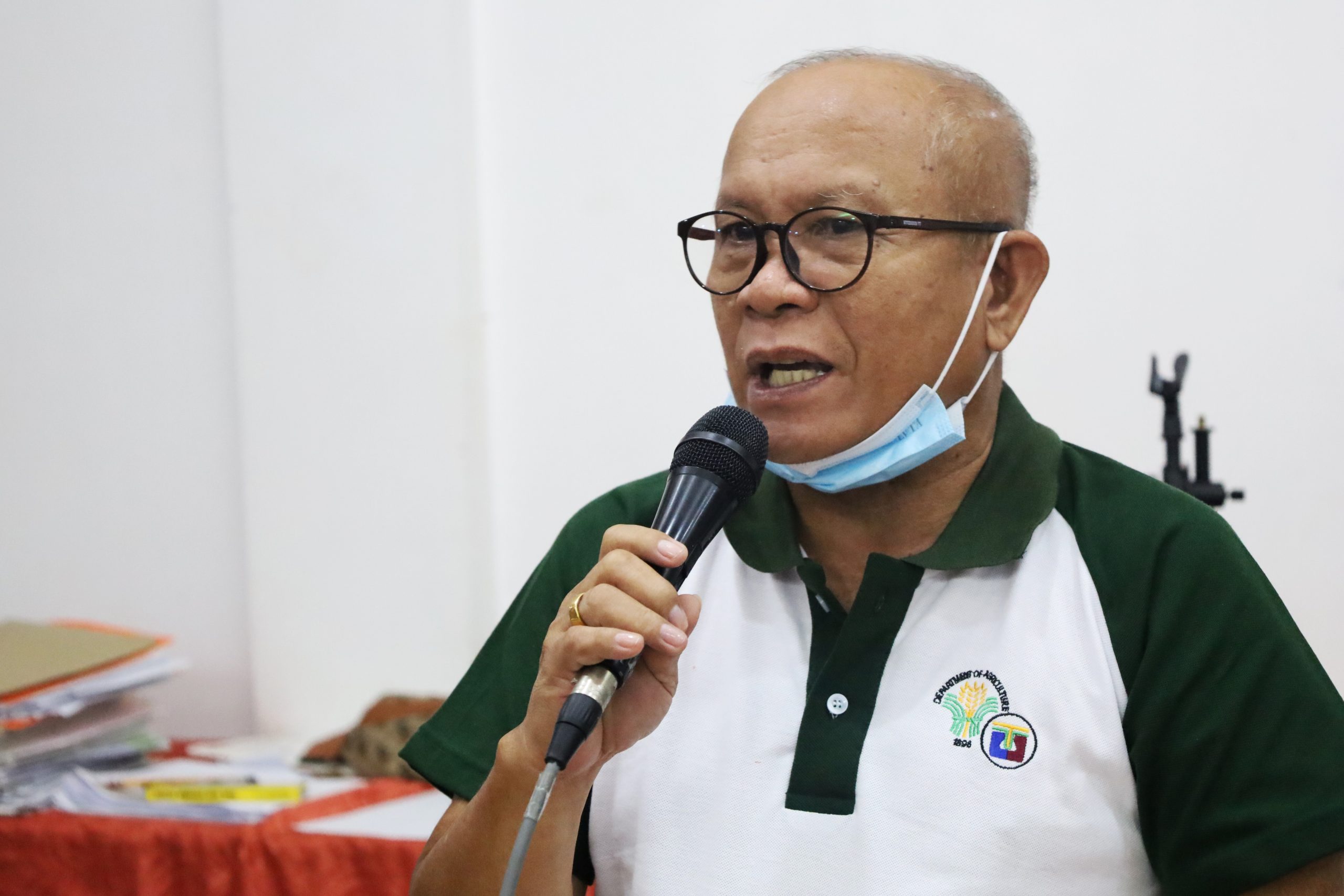
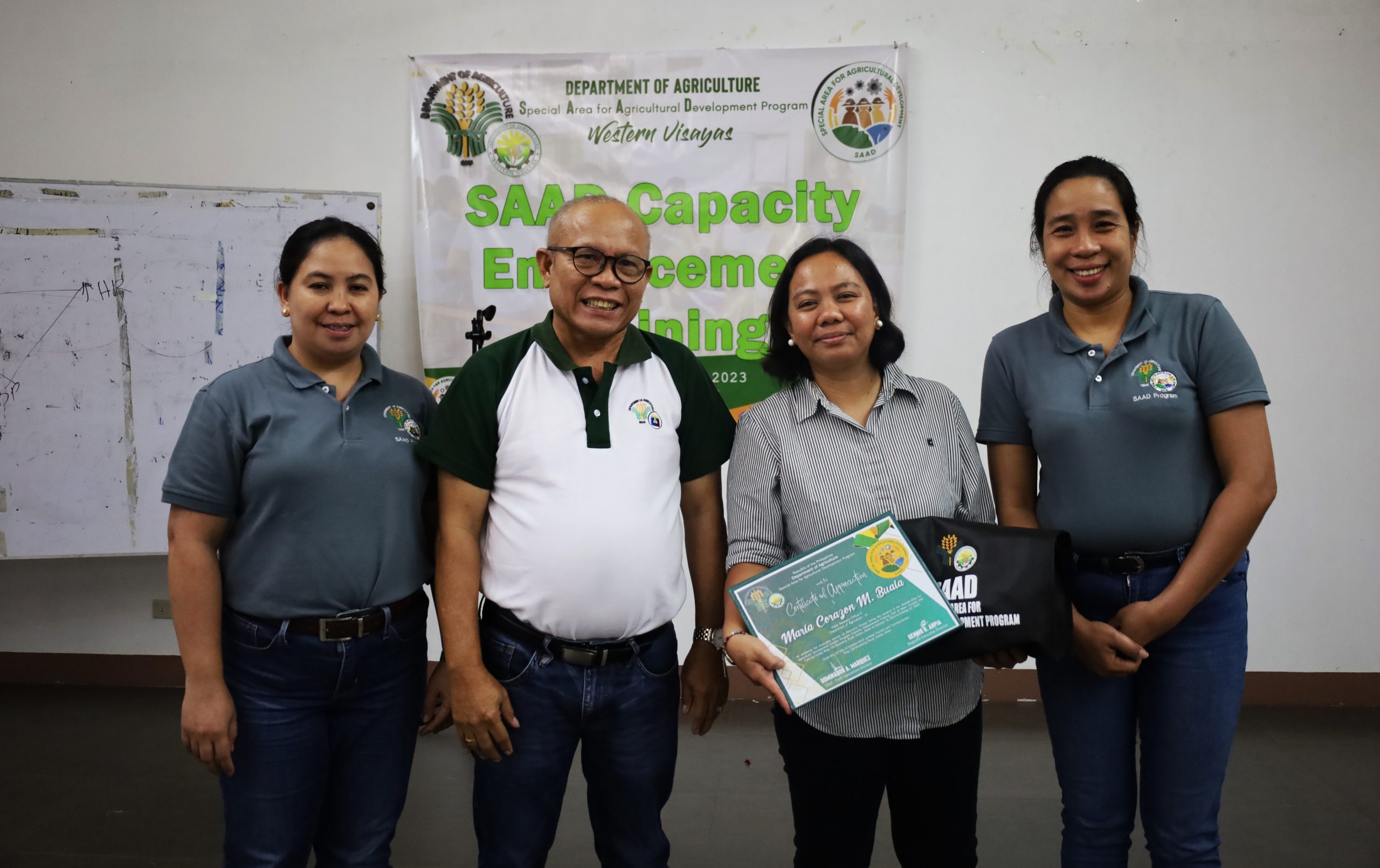

Comments (0)